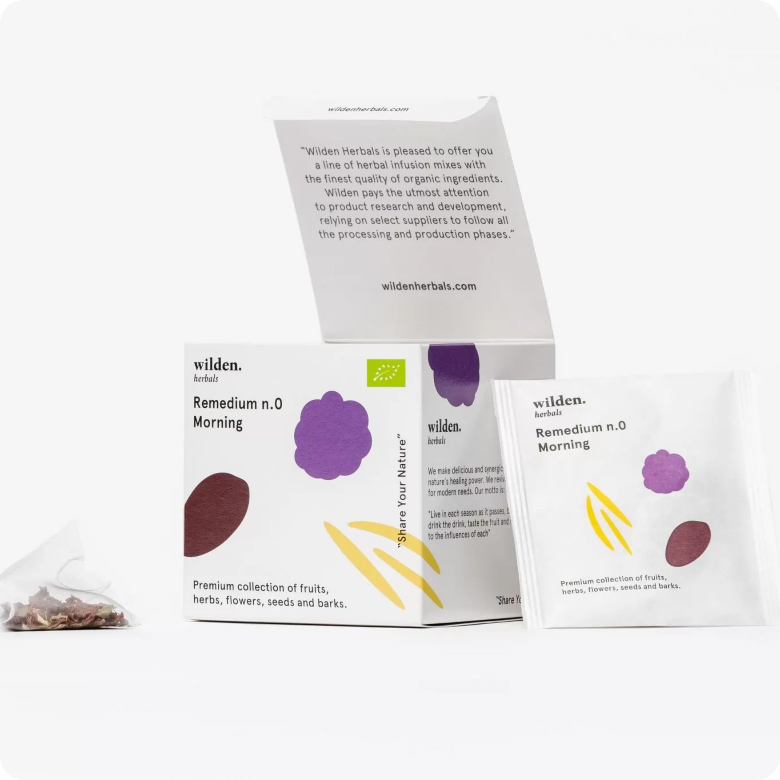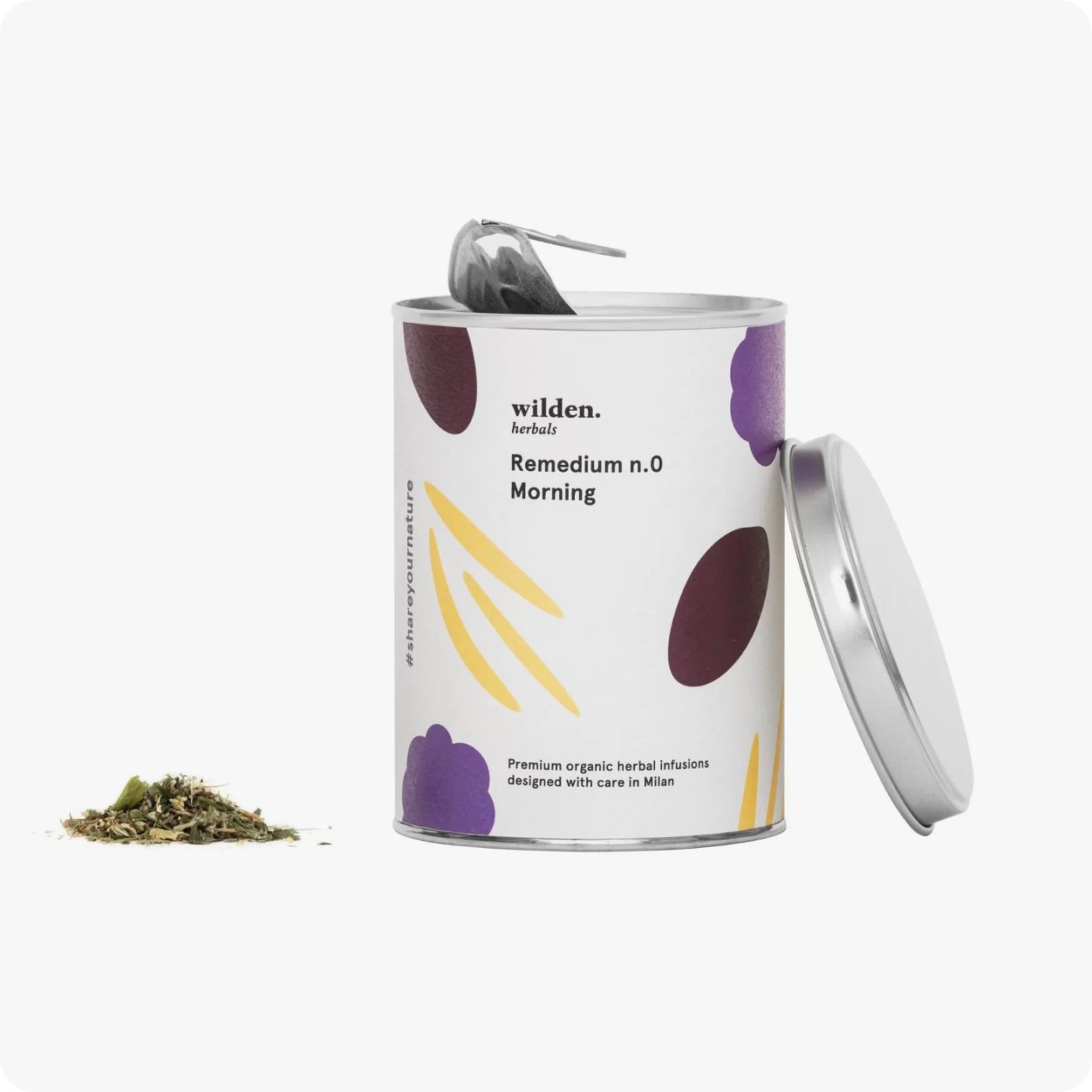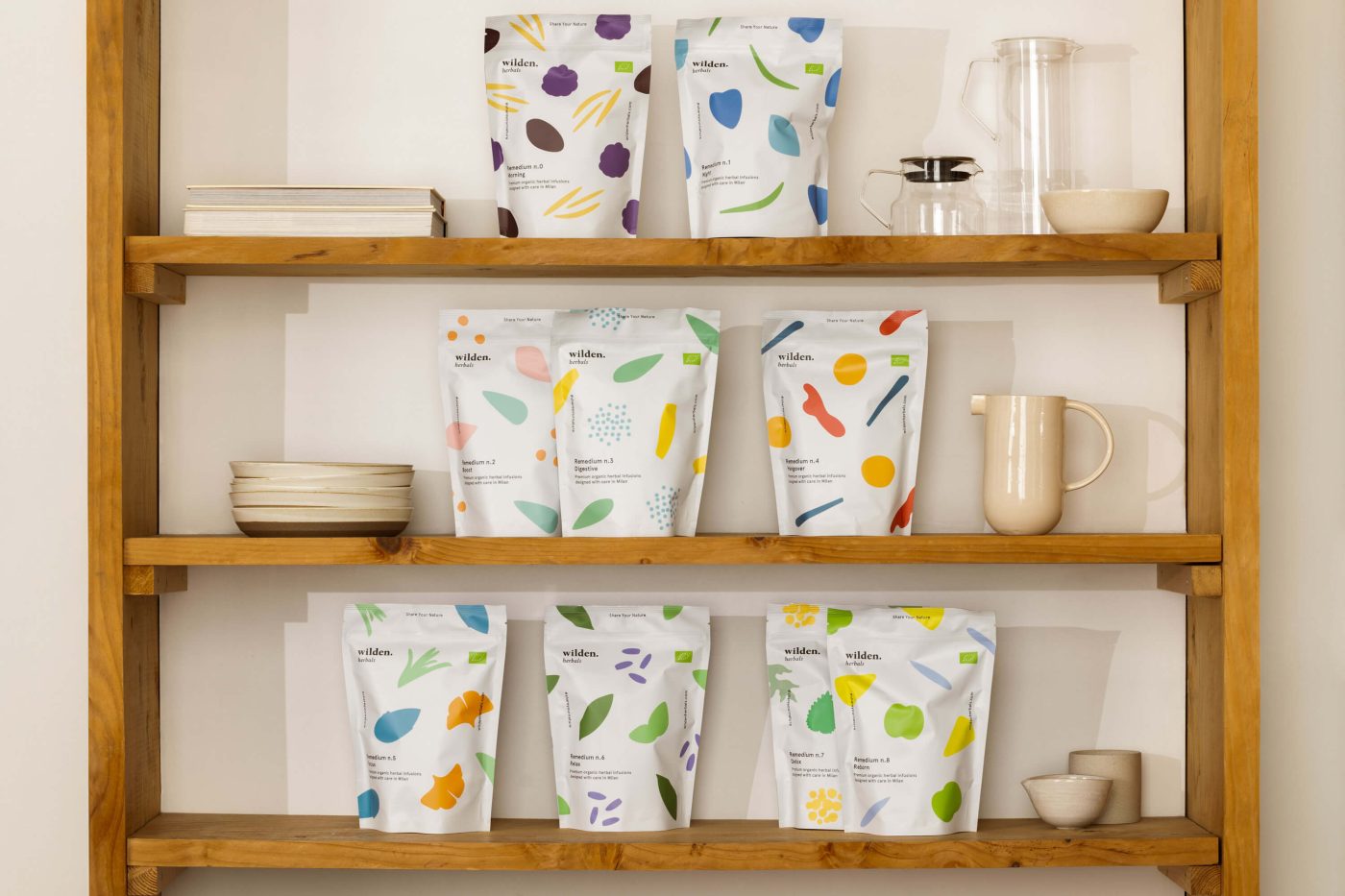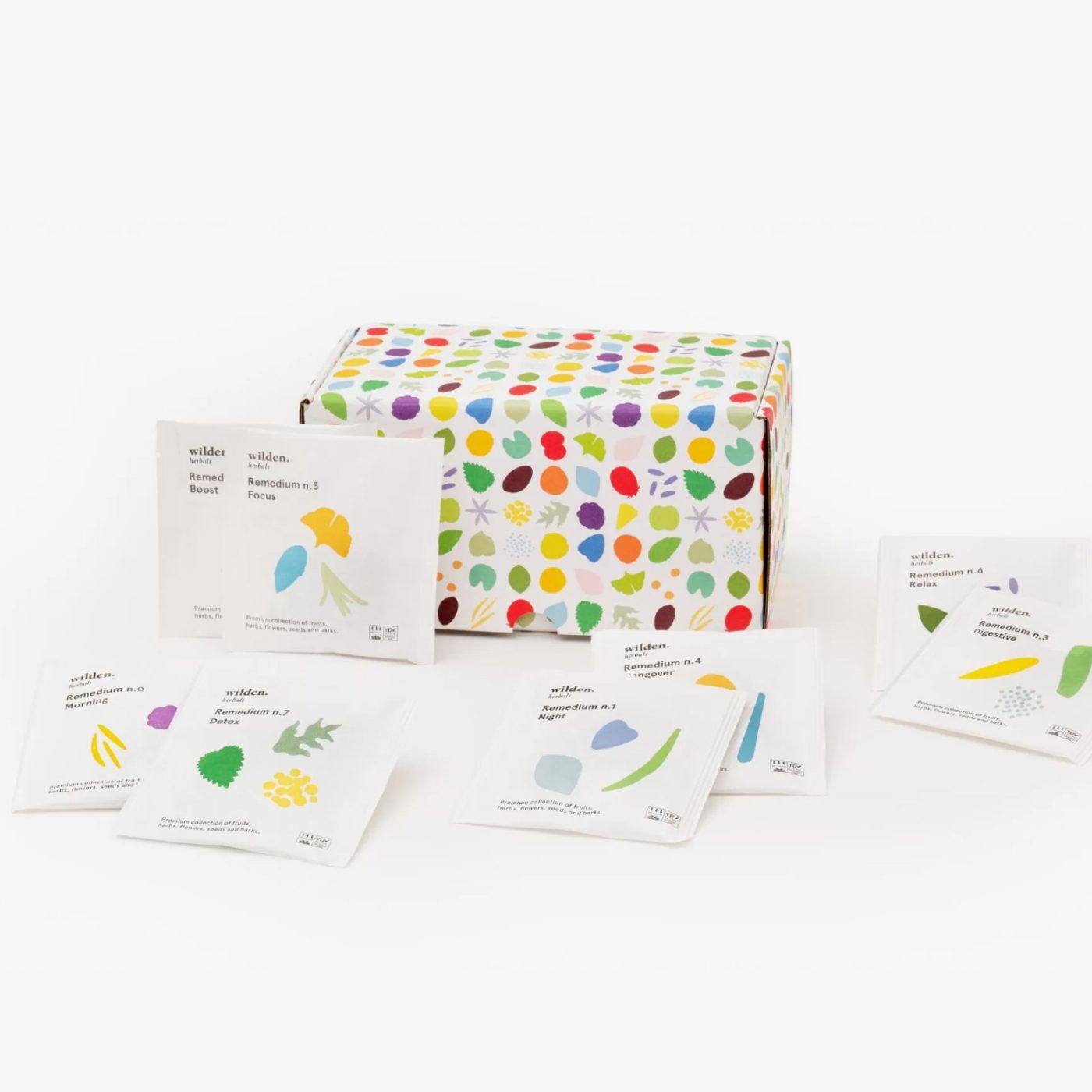Treating yourself with plants: what is herbalism and the properties of plants that are good for your health
Botanical medicine uses plants to improve health. Plus, it's a great way to connect with nature.
Herbal medicines come from the leaves, flowers, roots and barks of plants and often contain several active ingredients, called phytochemicals. In this article we will tell you about the ancient art of using plants as medicines; you will also find some tips for using plants right away and getting better.
What is herbalism and what it means to heal oneself with herbs
First, a definition: herbalism (sometimes also called herbalism) is a branch of botany concerned primarily with studying the leaves of plants for therapeutic and medicinal purposes(phytotherapy).
Plants are in fact composed of many different compounds whose main classes are alkaloids, glycosides, polyphenols and terpenes. It is these molecules and structures that give us the health benefits that we value so much. Some plants have effects on digestion, others on the brain, others are rich in antioxidants, and others have regulatory activity on hormones.
Most have more than one function, and when combined with other plants, they even have an even stronger effect. Yep, as they say: team work makes the dream work! In fact, herbalism and herbalism experts take advantage of a combination of multiple plants to achieve a synergistic result and benefit for health and the whole body.
In some cases, the beneficial effect is not caused by a single compound in the plant, rather it is due to the synergistic effect. Other factors such as theenvironment in which the plant grew, how and when it was harvested and processed can influence its effectiveness.
According to the World Health Organization (WHO), 80 percent of the population relies on botanical medicine and uses herbs for health issues. In some cultures, phytotherapy is for all intents and purposes considered the only traditional medicine. For some people it is a possible alternative to Western medicine, as a healthier and more natural solution, but for others it is complementary.
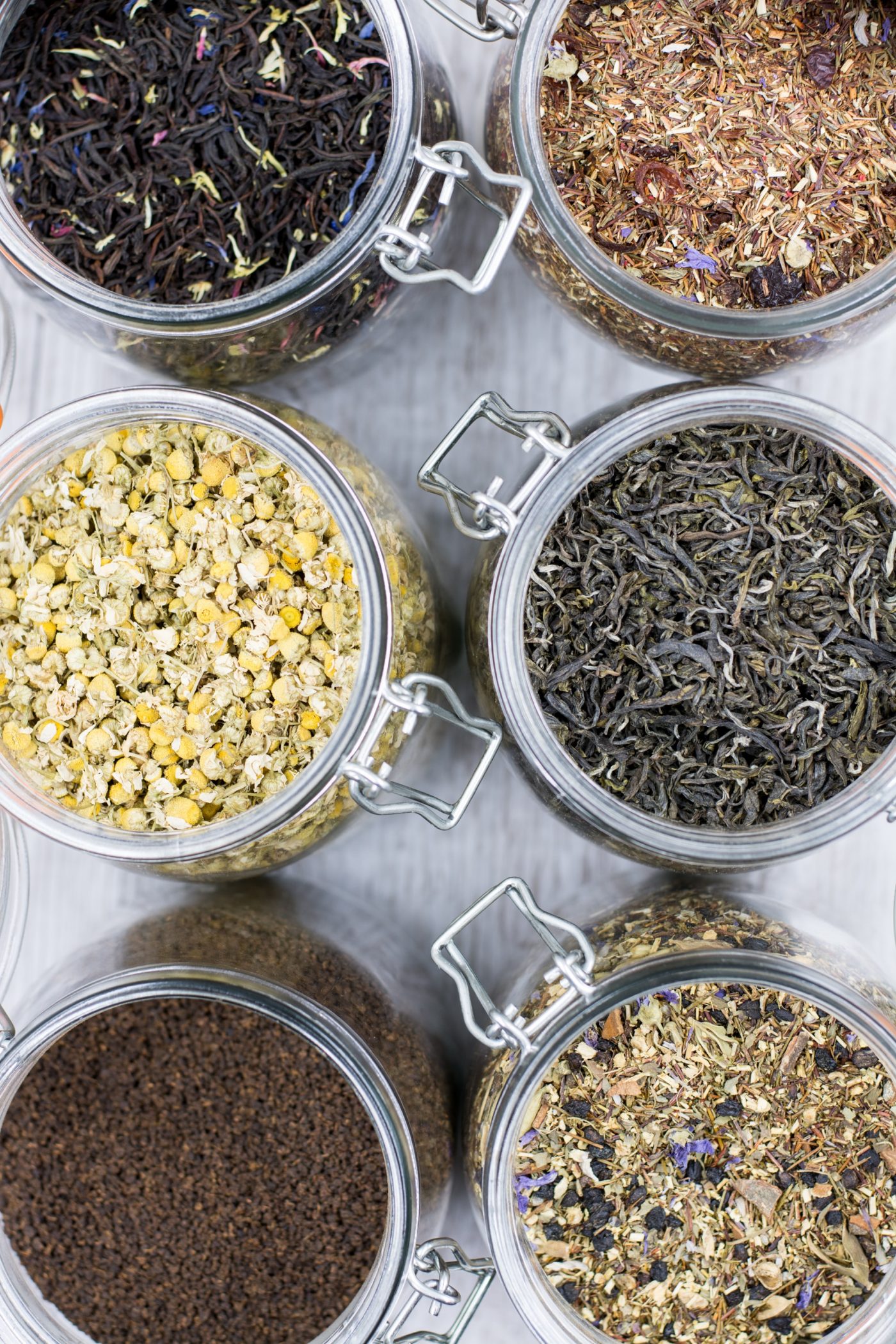
What herbalism, phytotherapy and herbal medicines are for
Herbs, like many medicines, can take seconds as well as weeks for us to notice their effects and benefits. Some plants have faster action, such as chamomile for digestion, while others, such as chasteberry, which helps regulate female hormones, may need weeks or even months.
Herbalism, herbal medicine, and thus botanical medicine are excellent allies in the prevention and treatment of disorders and diseases. From acute and circumstantial (as in digestive problems or cystitis) or periodic (pre-cycle syndrome, lactation) to chronic conditions (asthma, diabetes), herbalism offers excellent solutions and support.
Just as in Western medicine, herbal medicines can cause side effects. It is important to understand that all plants can have positive and negative effects. As consumers, we need to be aware of them just as we need to know what limits they have and when to consult a specialist.
Herbal medicines can also interact with traditional medicines. Our body eliminates toxins through the liver: both herbal medicines and drugs are metabolized (a fancy word for: broken down and eliminated) through the same pathways, and in this case the drug circulates more time in our bloodstream. Our advice is simple: always keep your doctor or herbalist informed of any substances (natural or otherwise) we consume, as they may interfere with each other.
How to consume herbal medicines: all the benefits of herbal teas and infusions
Herbs can be consumed in many forms: teas, syrups, oils, extracts, and tinctures. Herbal teas are the liquid that results from extracting herbs in water. Infusions are extracted in hot water. Decoctions are the result of long extracts in hot water, often used for harder substances such as roots and barks. Maceration is a cold infusion of plants. Tinctures are alcohol-based extracts of plants. Through different methods and processes, we are able to extract different active ingredients.
Infusions are a very practical way to harness the natural botanical benefits for your health. With a7-10 minute infusion, we can extract the best properties of plants-as well as achieve a great taste point. Our new Wilden.herbals Health line focuses precisely on the healing properties of plants, combined to synergistically enhance their effect on our health. At Wilden, we use only plants in herbal tea cuts (larger than 1 mm): a careful choice to keep the properties of the plants as high as possible-otherwise, pulverized plants attract more moisture, and thus oxidize and lose effectiveness.
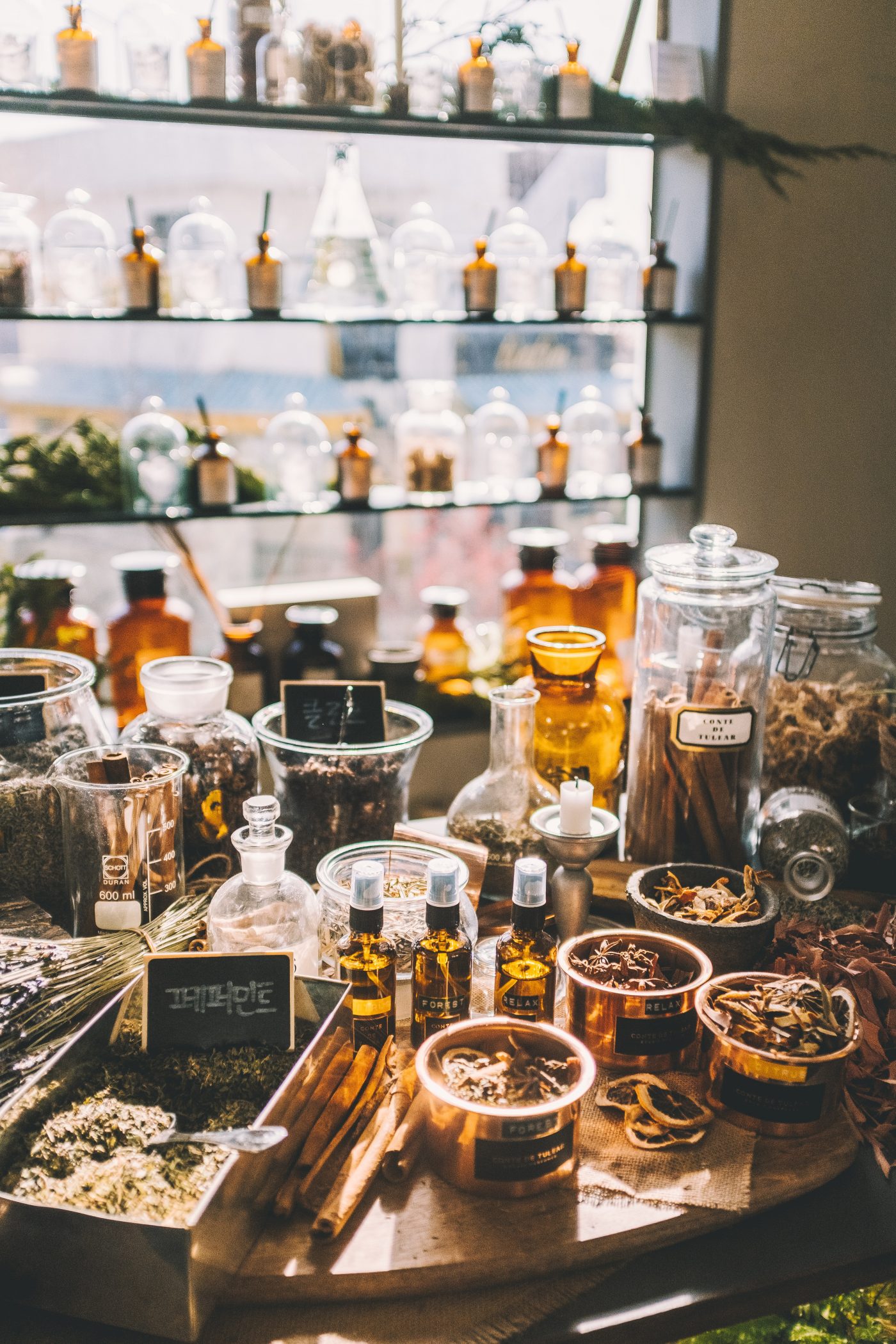
What are the most commonly used medicinal plants and herbs for curing oneself
Different cultures consume different herbs-even though many uses are universally recognized. Some of the most common herbs are:
- Echinacea(Echinacea purpurea): supports the immune system and reduces the flu season;
- Ginkgo(Ginkgo biloba): antioxidant, promotes circulation;
- Valerian(Valeriana officinalis): induces sleep;
- Chamomile(Matricaria recutita): reduces inflammation and helps with relaxation;
- Bearberry(Arctostaphylos uva-ursi): diuretic and antiseptic.
Wilden.herbals Health, a whole new way to take care of your health
At Wilden, we look to nature for inspiration and guidance. That’s why we believe that harnessing the natural properties of plants to support us in our most delicate moments is the best way to regain balance. Through the best ingredients of organic origin we created Wilden.herbals Health, a new line as well as a mix of plants designed for anxiety, PMS, cystitis and breastfeeding. Each line is designed and created from the healing properties of plants to address specific needs.
Bibliography
- American herbalist guild. Herbal Medicine
- Mount Sinai. Herbal medicine
- Herbs and Medicinal Plants: A Practical Guide to Phytotherapy, Herbal Recipes for Natural Healing and Everyday Health. Shelter in the Woods.
- Grossi, Spartacus: Medicinal plants. Carroccio. Academy Bookstores. Milan
- Johnson, Rebecca L. & others. Medicinal Herbs. National Geographic. Washington, DC. 2010.


